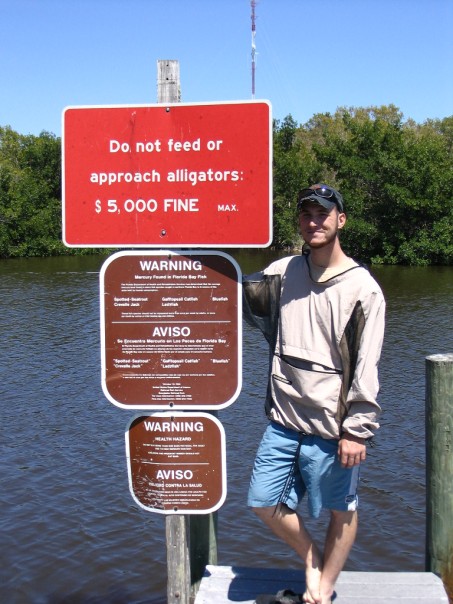ANOTHER VICTORY FOR FUCKING BIG INDUSTRY BASTARDS
California is striking back after losing a significant ruling earlier this month against its efforts to require mercury-warning labels on canned tuna.
State Attorney General Bill Lockyer filed objections Friday to a San Francisco Superior Court judge's decision, asking the court to halt final publication of the order and reverse the ruling.
California law requires that any consumer product being sold that poses a potential threat of cancer or birth defect contain a notice explaining the risk.
Methylmercury is the chemical form of mercury known to harm the developing nervous system in young children and fetuses. The element occurs naturally, but pollution from industrial development has increased its presence, especially in the ocean.
Mercury accumulates in the body, which is why large predator fish, such as shark and swordfish, contain the highest levels.
Tuna also is a large predator fish, and federal and state environmental agencies have cautioned people against eating too much of it.
"The evidence showed that women who do not eat fish, like tuna, have children who perform significantly less well on mental tests. The evidence also showed that the AG warning would cause women -- and others who have no reason to limit fish consumption at all -- to stop eating fish," said Forrest Hainline, an attorney for the tuna producers. "Bottom line: The AG warning would harm California consumers, including women and their babies. The judge's decision helped California consumers, including women and their babies."
Health officials are concerned not only in California. Five years ago, health officials in Washington issued warnings that some people should limit their consumption of tuna.
The court decision in California earlier this month was hailed as a long-awaited victory by industry groups who have frequently decried California's unparalleled consumer-oriented requirements as overly burdensome for many businesses.
"Judge Robert Dondero bought a bogus argument concocted by the industry and the Bush administration," said Tom Dresslar, Lockyer's spokesman, about the court objections. "Further, Dondero relied on an obsolete, 20-year-old study of rats, as opposed to more current studies of humans presented by the state."
Dresslar said the judge relied on the notion that even the mercury coming from pollution is considered "naturally occurring," in ruling that levels in canned tuna are not high enough to require warning labels.
The tuna industry fought vigorously against California, even seeking help from the Bush administration.
Last summer, the federal Food and Drug Administration wrote an informal letter to the court arguing that federal law regarding food labeling overrules the state's law and that California should not be required to force tuna producers to add extra labels to their products.
After a monthlong trial and years of arguments, the court sided with the tuna industry and said that popular canned tuna brands, Chicken of the Sea, StarKist and Bumble Bee, did not have to place mercury warnings on their products.
The decision, if allowed to stand, would likely set a precedent against the need for consumer warning labels in other industries.
California has required the labeling of many such products, often through the use of legal force, that is, by the state suing companies in court.
Proposition 65 has sparked national corporate reform in the consumer market in the past. If potentially unhealthy products must be labeled in a state as large as California, manufacturers and retailers could be moved to extend the labeling as a matter of efficient business practice.
After filing a pair of lawsuits in 2003, Lockyer's office was able to get restaurants and grocery stores in his state to post warning notices when serving tuna and other large fish species that are known to contain potentially harmful levels of methylmercury.
Last year, the companies that settled with the attorney general extended their notices for consumers in other states.
For example, consumers in Washington now can pick up an information card outlining mercury risks at the fish counters of Safeway stores.
Subscribe to:
Post Comments (Atom)




No comments:
Post a Comment